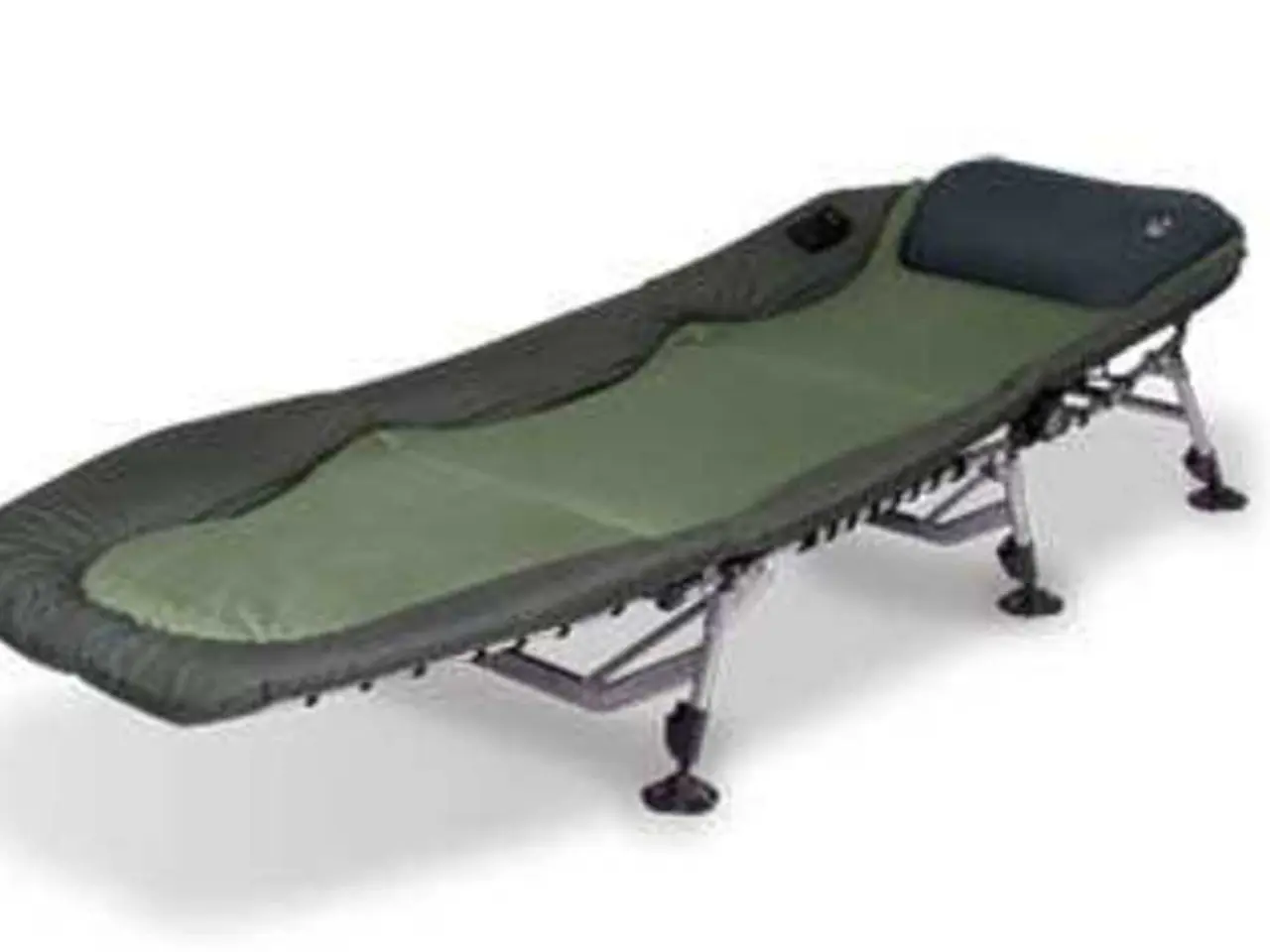Hip Nerve Impingement: Origins, Home Solutions, and Physical Activities
A pinched nerve in the hip can be a source of discomfort and interfere with daily life, but it is rarely a cause for serious concern. This condition arises when a nerve is compressed or irritated by nearby tendons, ligaments, or bones.
Common causes of a pinched nerve in the hip include herniated lumbar discs, particularly at the L4-L5 level, which press on the nerve root and cause pain that radiates to the hip, thigh, and leg. Another common cause is sciatica, a symptom indicating irritation or compression of the sciatic nerve, which can be caused by herniated discs, bone spurs, or ligament overgrowth.
Degenerative spinal changes like spinal stenosis or age-related wear that narrow the spinal canal and compress nerve roots can also lead to a pinched nerve. Other causes may include muscular imbalances, joint wear and tear, or traumatic injuries to the hip region.
Treatment options for a pinched nerve in the hip usually start conservatively. Rest, avoiding activities that exacerbate symptoms, is an essential first step. Physical therapy to strengthen muscles, improve posture, and reduce nerve compression is often recommended. Anti-inflammatory medications and pain relievers can help manage inflammation and discomfort. Application of ice and heat can also alleviate pain and muscle spasm.
In persistent or severe cases, medical interventions such as corticosteroid injections or surgery may be considered. It is crucial to get an accurate diagnosis from a healthcare professional to tailor the appropriate treatment.
Minor pinched nerves are usually treatable at home with rest, anti-inflammatories, heat pads, cold pads, and gentle stretches. Exercises to stretch the glutes, such as the sit and twist and lying down crossover, can help alleviate the discomfort. Piriformis stretches, like the piriformis stretch, bridge, and floor slides, can benefit a person with a pinched nerve in their hip, as the piriformis muscle in the buttock area can aggravate a pinched nerve and worsen hip pain.
Without treatment, severely pinched nerves can lead to scarring in the affected area or permanent nerve damage. It is essential to seek medical advice if symptoms persist beyond a few days. Doctors also need to rule out other medical causes of the pain.
Examples of causes for a pinched sciatic nerve include slipped disc, back injury, spondylolisthesis, spinal stenosis, prolonged sitting, childbirth, pregnancy, obesity, and diabetes. Home remedies and exercises can usually solve the issue, but it is best to speak with a doctor if symptoms persist.
In summary, a pinched nerve in the hip can be caused by various factors, including herniated discs, sciatica, muscular imbalances, joint wear and tear, or traumatic injuries. Treatment typically involves rest, physical therapy, anti-inflammatory medications, and stretches. In severe cases, medical interventions may be necessary. If symptoms persist, it is crucial to consult a healthcare professional.
- Arthritis, a chronic disease, can sometimes lead to a pinched nerve, adding to the chronic nature of the discomfort.
- In the context of workplace-wellness, it's important to be aware that prolonged sitting can contribute to a pinched sciatic nerve.
- For those dealing with rheumatoid arthritis, shoulder pain might coincide with a pinched nerve issue in the hip region.
- Science has provided numerous therapies and treatments for pinched nerves, including corticosteroid injections and surgery.
- Adequate nutrition plays a crucial role in maintaining overall health and wellness, which can help manage conditions like chronic-diseases and chronic-kidney-disease, potentially reducing the risk of a pinched nerve.
- Mental health is as important as physical health, and the stress associated with a pinched nerve can be alleviated through techniques such as mindfulness and relaxation.
- Fitness and exercise, focusing on strengthening muscles and improving posture, can prevent and help manage pinched nerves by reducing nerve compression.
- CBD, a compound known for its potential pain-relieving properties, can be used in skincare products to help alleviate discomfort associated with a pinched nerve, although its effectiveness for this purpose needs further scientific research.




